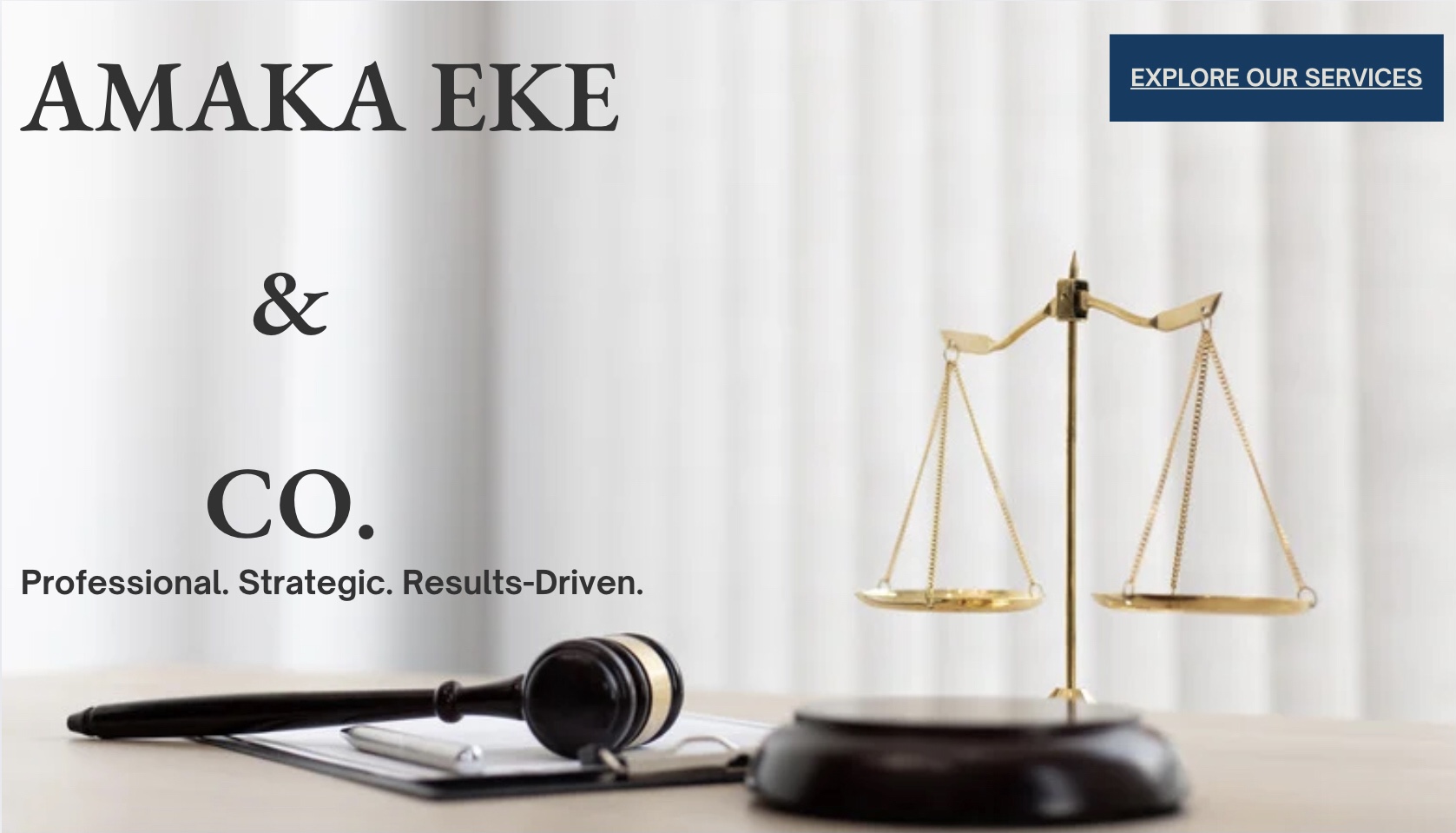When you are involved in a litigation case in Nigeria, having a knowledgeable and reliable lawyer is crucial. Understanding what to expect from your lawyer can help ensure that your legal journey is as smooth and effective as possible. Here’s a guide to what you should anticipate from your legal representation:
1. Initial Consultation and Case Assessment
The first step is usually an initial consultation where your lawyer will evaluate the merits of your case. This involves discussing the details of the dispute, reviewing relevant documents, and advising you on the strengths and weaknesses of your case. Your lawyer should provide a clear understanding of the legal issues at hand and potential outcomes.
2. Strategic Planning
Once your case is assessed, your lawyer will develop a strategic plan tailored to your specific situation. This plan includes outlining the legal strategy, setting objectives, and determining the best course of action. It’s important that your lawyer keeps you informed about this strategy and any potential changes as the case progresses.
3. Preparation of Legal Documents
Litigation involves numerous legal documents, including pleadings, motions, and affidavits. Your lawyer is responsible for drafting, filing, and managing these documents in compliance with Nigerian legal procedures. Accuracy and timeliness in this aspect are critical to avoid delays and ensure that your case is presented effectively.
4. Representation in Court
Your lawyer will represent you in court proceedings, which includes presenting evidence, questioning witnesses, and making legal arguments. They should be well-prepared and articulate, with a deep understanding of the relevant laws and procedures. Effective courtroom representation is essential to advocate for your interests and achieve a favorable outcome.
5. Communication and Updates
Regular communication with your lawyer is vital. They should keep you updated on the progress of your case, including any developments or changes. Transparency is key, and your lawyer should be readily available to answer your questions and address any concerns you may have.
6. Negotiation and Settlement
In many cases, reaching a settlement outside of court can be advantageous. Your lawyer should be skilled in negotiation to achieve the best possible settlement terms. They should advise you on whether a settlement offer is fair and in your best interest, and assist in negotiating terms that align with your goals.
7. Expertise and Advice
Navigating the complexities of Nigerian legal procedures and laws requires expertise. Your lawyer should offer knowledgeable advice and leverage their experience to guide you through the litigation process. This includes providing insights on legal precedents, procedural rules, and potential risks.
8. Ethical Standards
Your lawyer is expected to adhere to high ethical standards, including maintaining client confidentiality, avoiding conflicts of interest, and acting in your best interest. Professional integrity is crucial for a successful legal representation.
9. Post-Trial Actions
After the trial, your lawyer should assist with any post-trial actions, such as filing appeals if necessary or enforcing judgments. However, it’s important to note that post-trial actions may be subject to a separate retainer agreement between you and your lawyer. This means additional fees or terms may apply for services beyond the initial litigation process.
Conclusion
Choosing the right lawyer for your litigation case in Nigeria can significantly impact the outcome of your legal matter. By understanding what to expect from your legal representative, you can better navigate the litigation process and ensure that your rights and interests are effectively protected.
Citations
1. Initial Consultation and Case Assessment:
• Federal Republic of Nigeria. (2020). Civil Procedure Rules of Nigerian Courts. Abuja: Government Press.
2. Strategic Planning:
• Ojo, T. (2021). Litigation Strategy and Planning in Nigeria. Lagos: Legal Insight Publications.
3. Preparation of Legal Documents:
• Nigerian Bar Association (NBA). (2022). Guide to Legal Document Preparation in Nigeria. Abuja: Government Press.
4. Representation in Court:
• Adedokun, J. (2020). Courtroom Representation and Advocacy. Lagos: Harmony Publications.
5. Communication and Updates:
• Ojo, T. (2021). Effective Communication in Legal Practice. Lagos: Legal Insight Publications.
6. Negotiation and Settlement:
• Olumide, A. (2022). Negotiation Skills for Nigerian Lawyers. Lagos: Business Law Publications.
7. Expertise and Advice:
• Johnson, S. (2021). Navigating Nigerian Legal Procedures: A Guide for Lawyers. Lagos: Family Law Publishers.
8. Ethical Standards:
• Nigerian Bar Association (NBA). (2018). Code of Professional Conduct for Legal Practitioners. Abuja: Government Press.
9. Post-Trial Actions:
• Adedokun, J. (2021). Post-Trial Procedures and Appeals in Nigerian Law. Lagos: Legal Challenges Publications.
Legal Disclaimer
This guide is intended for informational purposes only and does not constitute legal advice. The information provided reflects general practices and principles of litigation in Nigeria and may not capture all recent developments or nuances. For specific legal advice or information, please consult a qualified legal professional. We disclaim any responsibility for actions taken based on the information provided. Always seek expert counsel for matters related to legal representation and litigation.

Leave a Reply